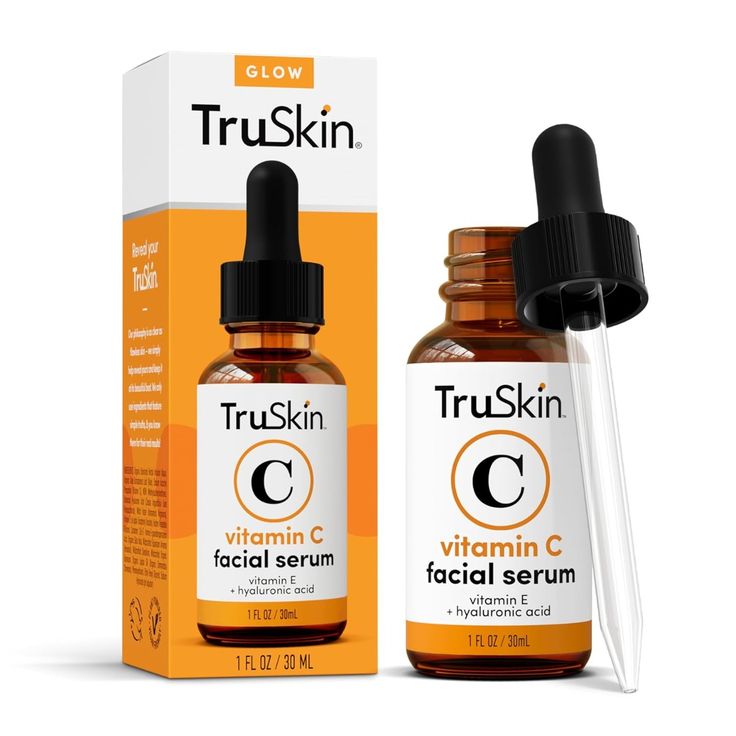Navigating the vast landscape of skin care during pregnancy can be daunting,(Pregnancy Safe Skin Care) given the profound changes a woman’s body undergoes and the heightened concern for fetal health. Opting for pregnancy safe skin care is not just about addressing the cosmetic concerns such as acne but also about ensuring that the products used are free from harmful chemicals that could adversely affect the mother or child. The importance of being well-informed cannot be overstated, as what is applied to the skin can potentially enter the bloodstream and impact the pregnancy. Therefore, understanding which ingredients to avoid becomes a critical piece of knowledge for expectant mothers aiming to maintain their skin health without compromising safety.
This article delves into the specifics of pregnancy safe skin care, highlighting 10 ingredients that should be sidestepped to avert any potential risks to both mother and baby. It further explores the physiological skin changes during pregnancy, offering insight into why certain products may become unsuitable. Additionally, the discussion extends to safe alternatives that ensure effective skin care, including how clindamycin can play a role in managing acne safely during this sensitive period. With tips for choosing the right pregnancy safe skin care products, readers will be equipped with the knowledge to make informed decisions, ensuring both the well-being of their skin and their baby.
Table of Contents (Pregnancy Safe Skin Care)
1. Understanding Skin Changes During Pregnancy
Hormonal Shifts and Their Effects
During pregnancy, the body experiences a surge in the production of hormones such as estrogen and progesterone, which are pivotal in supporting the pregnancy and the development of the fetus. These hormonal changes can significantly impact a woman’s skin. Estrogen, for example, increases the production of melanin, leading to hyperpigmentation, commonly known as the “mask of pregnancy” or melasma. Progesterone contributes to changes in the skin’s texture and oil production, often resulting in conditions like acne. The increased hormone levels also enhance blood flow, which can give the skin a characteristic “glow”.
Common Skin Conditions Experienced
Pregnant women may notice a variety of skin changes. These include darker spots on the skin, particularly on the face, abdomen, and other areas, which are caused by increased melanin production. Conditions such as the linea nigra, a dark line running from the navel to the pubic area, are also common. Stretch marks, or striae gravidarum, affect up to 90% of pregnant women, appearing typically on the abdomen, breasts, and thighs as the skin stretches to accommodate the growing baby.
In addition to these, vascular changes like spider veins and varicose veins occur due to increased blood volume and changes in circulation. These typically appear on the legs, face, and neck. Hair and nail growth can also fluctuate, with some women experiencing faster growth and others noticing more brittleness and breakage.
Balancing Skincare and Pregnancy Safety
Navigating skincare during pregnancy involves avoiding certain harmful ingredients while addressing the skin changes safely. It is crucial to opt for products that are free from retinoids, salicylic acid, and hydroquinone, which can be harmful to the developing fetus. Instead, pregnant women should focus on gentle, hydrating products and those that address hyperpigmentation and acne without compromising safety. Sun protection is also paramount to prevent the worsening of melasma and other pigmentary issues.
Maintaining a balanced skincare routine that accommodates the dynamic changes during pregnancy can help manage these skin conditions effectively while ensuring both mother and baby’s safety.
2. Skincare Ingredients to Avoid and Why
Retinoids and their potential risks
Retinoids, derivatives of vitamin A, are commonly found in skincare products aimed at treating conditions like acne and psoriasis, and for anti-aging purposes. However, their use during pregnancy is highly discouraged due to potential risks to the developing fetus. Research indicates that retinoids can be absorbed through the skin and may lead to birth defects, particularly when used in higher doses. Prescription forms of retinoids such as isotretinoin have been linked to serious birth defects and are contraindicated during pregnancy. Even over-the-counter products containing retinol should be avoided as they can contribute to vitamin A toxicity, which isn’t fully understood but is known to pose risks to fetal development
Hydroquinone’s absorption concerns
Hydroquinone is used both as a clinical depigmenting agent and as a cosmetic skin-whitening agent. It is particularly effective in treating melasma or chloasma, conditions often exacerbated during pregnancy due to hormonal changes. Despite its effectiveness, the use of hydroquinone during pregnancy raises concerns due to the high rate of systemic absorption, estimated at 35% to 45% following topical application. While no direct link has been established between hydroquinone use and major malformations in fetuses, the significant absorption rate warrants caution, and exposure should be minimized until more conclusive safety data are available
High-dose salicylic acid and its implications
Salicylic acid is another ingredient commonly found in skincare products, particularly those targeting acne. It belongs to the aspirin family and can act as a chemical peel in higher doses. While low-dose topical salicylic acid is generally considered safe during pregnancy, high-dose treatments such as peels or oral medications should be avoided. These higher doses can pose risks to the developing baby, including potential birth defects and other adverse outcomes. Pregnant individuals are advised to consult with healthcare providers to find safer alternatives and to ensure that any use of salicylic acid is within safe limits.
3. Safe Alternatives for Pregnancy Skincare
Glycolic Acid for Acne and Pigmentation
Glycolic acid, a widely used alpha-hydroxy acid (AHA), offers benefits for skin cell turnover and can be particularly useful in treating acne and enhancing skin radiance during pregnancy. When selecting glycolic acid products, it is crucial to choose those with a concentration of less than 10% to ensure safety. This lower concentration helps speed up the removal of dead skin cells, potentially reducing acne and improving the skin’s overall appearance without significant systemic absorption concerns. Pregnant individuals should always consult with their OB-GYN before starting any new skincare treatment, especially when considering products like glycolic acid which may affect skin sensitivity.
Hyaluronic Acid and Niacinamide for Moisturizing
Hyaluronic acid is recognized for its ability to maintain skin elasticity and moisture by binding water in the tissue, making it a safe and beneficial ingredient during pregnancy. It aids in keeping the skin hydrated and plump, which can be particularly valuable for managing dryness associated with pregnancy. Niacinamide, also known as vitamin B3, complements hyaluronic acid by promoting skin barrier function and reducing inflammation. It is effective in managing acne breakouts and improving skin texture, making it a suitable addition to pregnancy skincare routines. Together, these ingredients support skin health without imposing risks to the mother or the fetus.
Mineral-Based Sunscreens for UV Protection
For protecting against UV radiation, mineral-based sunscreens containing zinc oxide or titanium dioxide are recommended. These ingredients are preferred during pregnancy as they are not absorbed into the skin, thereby minimizing any risk of harm to the developing baby. Mineral sunscreens are effective in preventing melasma, which is common during pregnancy due to hormonal changes. They are also suitable for sensitive skin, which is a frequent concern for pregnant individuals. Experts suggest using broad-spectrum sunscreens with an SPF of at least 30 to ensure adequate protection from both UVA and UVB rays.
4. Tips for Choosing Pregnancy-Safe Skincare
Reading and Interpreting Product Labels
When selecting skincare products during pregnancy, it is crucial to read labels carefully to ensure the products are explicitly labeled as pregnancy-safe. Products should be free from harmful or harsh chemicals such as parabens, propylene glycol, petroleum, sodium lauryl sulfate, synthetic fragrances, or mineral oil. Additionally, scanning the list of ingredients for potentially harmful components is essential. Resources like the EWG’s Skin Deep® database can be utilized to check the safety ratings of personal care products, providing expectant mothers with reassurance about the products they choose.
Consulting with Healthcare Professionals
Consulting healthcare professionals is advisable before making significant changes to your skincare routine during pregnancy. Dermatologists and OB-GYNs can offer personalized advice and address any concerns specific to your situation. This step is crucial as it ensures that both the mother’s and baby’s health are prioritized, and any potential risks associated with skincare products are minimized.
Prioritizing Natural and Organic Options
Opting for organic skincare products during pregnancy can significantly reduce exposure to potentially harmful chemicals. Organic products are formulated with natural and plant-based ingredients, which are gentler and less likely to cause skin irritation or allergic reactions. These products often contain beneficial ingredients like aloe vera, shea butter, and botanical extracts that nourish and support the skin’s health during pregnancy. Additionally, choosing certified organic or natural skincare brands offers an added layer of assurance regarding product safety and quality.
Conclusion
Throughout this discussion, we’ve emphasized the paramount importance of choosing pregnancy-safe skincare, underlining the necessity to sidestep certain ingredients that pose risks to both mother and baby. Highlighted were not only the skin changes expectant mothers may experience due to hormonal fluctuations but also alternatives that ensure effective care without compromising safety. The article thoroughly navigated through the avoidance of retinoids, hydroquinone, and high-dose salicylic acid, suggesting safer substitutes such as glycolic acid, hyaluronic acid, niacinamide, and mineral-based sunscreens to maintain skin health during this critical period.
In conclusion, the journey through pregnancy-safe skincare is one of mindfulness and informed decision-making, balancing the dual objectives of addressing skin concerns and safeguarding maternal and fetal well-being. By adhering to the guidelines suggested for product selection and ingredient avoidance, expectant mothers can confidently navigate their skincare routines. It underscores a foundational care principle – what is applied to the skin transcends surface-level, impacting both the present and future health of mother and child. This dialogue serves as a call to action for continued research and awareness, promoting a well-informed approach to skincare in pregnancy.
FAQs
What Skin Care Ingredients Should Pregnant Individuals Avoid?
When pregnant, it’s important to steer clear of certain ingredients in beauty products and skincare to avoid potential risks to your baby. These include:
- Vitamin A derivatives like Retin-A, Retinol, and Retinyl Palmitate, which are linked to birth defects.
- Tazorac and Accutane.
- Benzoyl Peroxide and Salicylic acids.
- Essential Oils.
- Hydroquinone.
- Aluminum chloride.
- Formaldehyde.
- Chemical Sunscreens.
Can I Use Niacinamide During Pregnancy?
Yes, niacinamide is considered safe for use during pregnancy. It falls into the FDA’s pregnancy-safe category, allowing you to continue using this beneficial ingredient throughout your pregnancy.
Is It Safe to Use AHA Products Like Glycolic Acid During Pregnancy?
Yes, glycolic acid, an AHA, is safe for use during pregnancy if it has a concentration of 7% or lower. Lactic acid, another AHA, is also considered safe during pregnancy when used in modest concentrations.
What Skin Care Ingredients Are Safe to Use During Pregnancy?
Several skincare ingredients are safe for use during pregnancy, including:
- Azelaic acid.
- Glycolic acid and other alpha hydroxy acids (AHAs), with a preference for lower concentrations.
- Salicylic acid in safe concentrations.
- Benzoyl peroxide.
- Niacinamide.
- Hyaluronic acid.
- Glycerin.
Some Safe to Use During Pregnancy
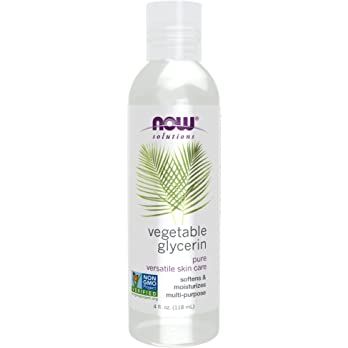
Vegetable Glycerin, 100% Pure
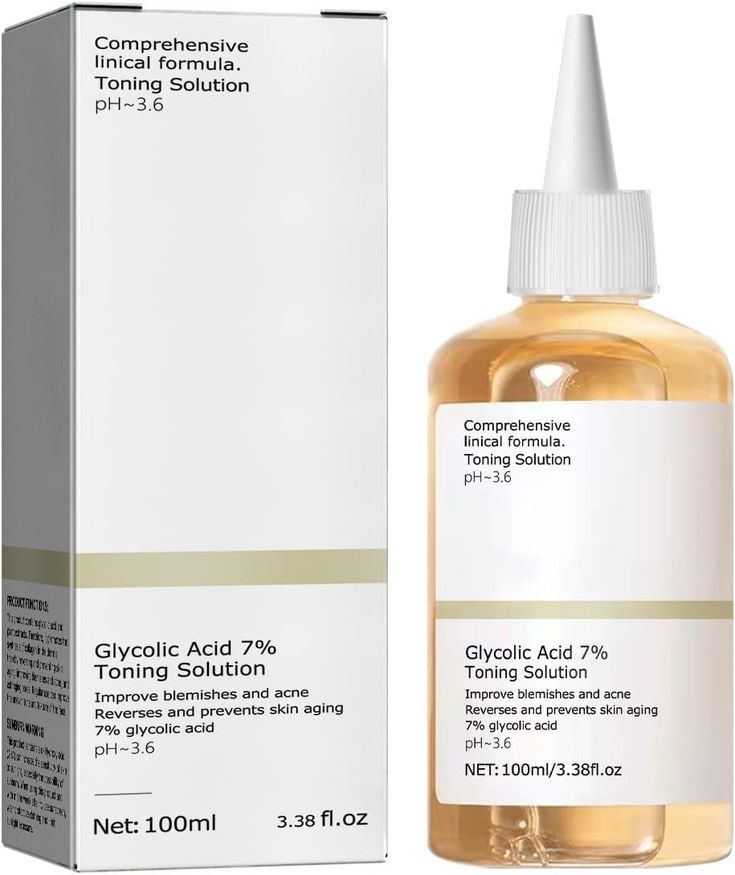
Glycolic Acid 7% Toner, Glycolic
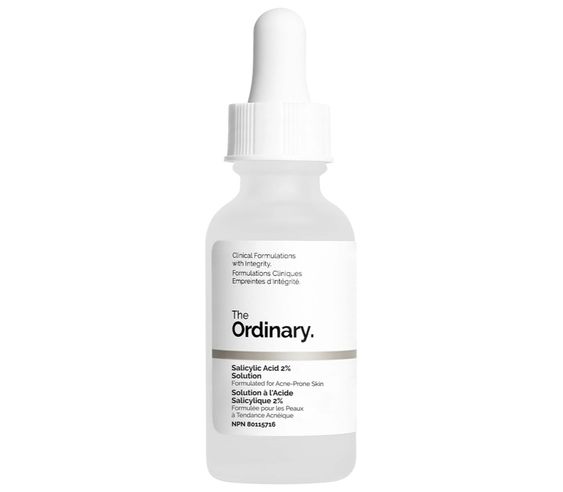
The Ordinary Salicylic Acid
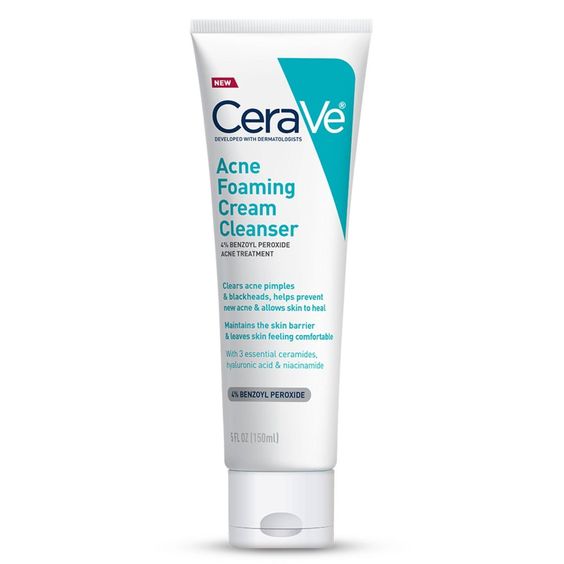
CeraVe Acne Foaming Cream Wash
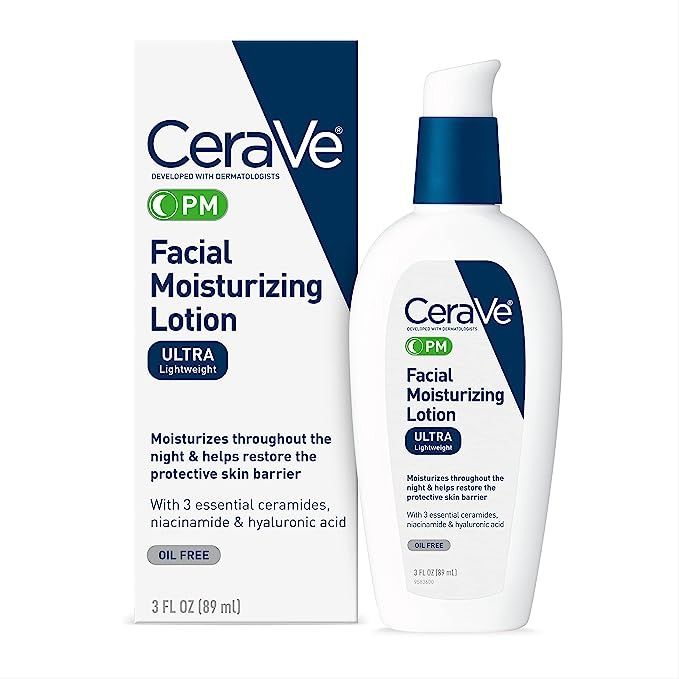
CeraVe PM Facial Moisturizing Lotion
